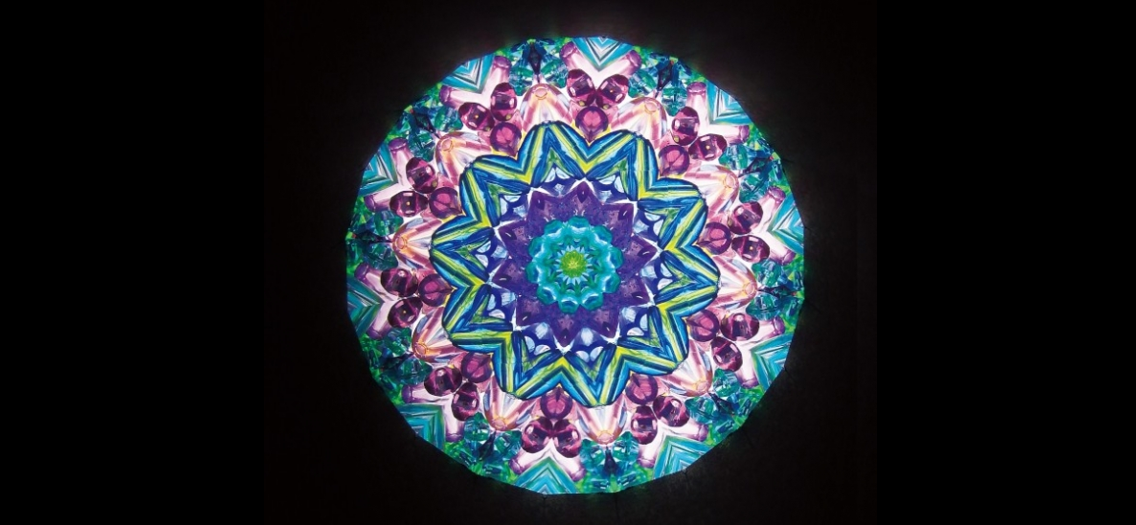每日外闻60
这篇文章很长,分为几段来阅读
How Resilience Works 5
The Search for Meaning 1
The ability to see reality is closely linked to the second building block of resilience, the propensity to make meaning of terrible times. We all know people who, under duress, throw up their hands and cry, “How can this be happening to me?” Such people see themselves as victims, and living through hardship carries no lessons for them. But resilient people devise constructs about their suffering to create some sort of meaning for themselves and others.
I have a friend I’ll call Jackie Oiseaux who suffered repeated psychoses over a ten-year period due to an undiagnosed bipolar disorder. Today, she holds down a big job in one of the top publishing companies in the country, has a family, and is a prominent member of her church community. When people ask her how she bounced back from her crises, she runs her hands through her hair. “People sometimes say, ‘Why me?’ But I’ve always said, ‘Why not me?’ True, I lost many things during my illness,” she says, “but I found many more—incredible friends who saw me through the bleakest times and who will give meaning to my life forever.”
This dynamic of meaning making is, most researchers agree, the way resilient people build bridges from present-day hardships to a fuller, better constructed future. Those bridges make the present manageable, for lack of a better word, removing the sense that the present is overwhelming. This concept was beautifully articulated by Viktor E. Frankl, an Austrian psychiatrist and an Auschwitz survivor. In the midst of staggering suffering, Frankl invented “meaning therapy,” a humanistic therapy technique that helps individuals make the kinds of decisions that will create significance in their lives.
In his book Man’s Search for Meaning, Frankl described the pivotal moment in the camp when he developed meaning therapy. He was on his way to work one day, worrying whether he should trade his last cigarette for a bowl of soup. He wondered how he was going to work with a new foreman whom he knew to be particularly sadistic. Suddenly, he was disgusted by just how trivial and meaningless his life had become. He realized that to survive, he had to find some purpose. Frankl did so by imagining himself giving a lecture after the war on the psychology of the concentration camp, to help outsiders understand what he had been through. Although he wasn’t even sure he would survive, Frankl created some concrete goals for himself. In doing so, he succeeded in rising above the sufferings of the moment. As he put it in his book: “We must never forget that we may also find meaning in life even when confronted with a hopeless situation, when facing a fate that cannot be changed.”
Frankl’s theory underlies most resilience coaching in business. Indeed, I was struck by how often businesspeople referred to his work. “Resilience training—what we call hardiness—is a way for us to help people construct meaning in their everyday lives,” explains Salvatore R. Maddi, a University of California, Irvine psychology professor and the director of the Hardiness Institute in Newport Beach, California. “When people realize the power of resilience training, they often say, ‘Doc, is this what psychotherapy is?’ But psychotherapy is for people whose lives have fallen apart badly and need repair. We see our work as showing people life skills and attitudes. Maybe those things should be taught at home, maybe they should be taught in schools, but they’re not. So we end up doing it in business.”
寻找意义
看待现实的方式,也就是在困难时期能创造意义的倾向与复原力的第二组成部分密切相关。我们都认识这样的人,他们在处于被动的情况下,会无奈举起双手抱怨说,“我怎么会遇上这种事?”这些人将自己视为受害者,在苦难中生活对他们来说没有任何教训可言。但有复原力的人会对自己的苦难进行构思,从苦难中为自己和他人创造某种意义。
我有一个朋友,我称她为 Jackie Oiseaux,他在10年的时间里因为未确诊的双向情感障碍而反复遭受精神疾病伴睡眠障碍的折磨。如今,她在国内一家顶级出版公司担任要职,有一个家庭,还是她所在教会组织的重要成员。当人们问她如何从危机中恢复过来时。她说道“人们碰到危机时,有时会问,‘为什么是我?’但我总是问,‘为什么不是我?’的确,我在生病期间失去了很多东西,但我交到了更多极好的朋友,他们帮助我度过了最艰难的时刻,他们将永远赋予我生命的意义。”
大多数研究人员都认为,这种意义构建的动态过程,正是复原力强的人搭建一种“桥梁”的方式,这种桥梁帮助他们从当前的困境中走向更充实、更美好的未来。这些桥梁让现在变得可以掌控,消除了处在当时那种状况下压倒性的情感崩溃。奥地利精神病学家、奥斯维辛集中营的幸存者弗兰克(Viktor E. Frankl)完美地阐述了这一概念。在惊人的痛苦中,弗兰克发明了“意义疗法”,一种人文主义的治疗技术,帮助人们做出各种决定,在他们的生活中创造意义。
在他的书《活出生命的意义》中,弗兰克描述了他发展意义疗法的关键时刻。一天,在他去上工的路上,为是否要用最后一根香烟换一碗汤而发愁。他不知道如何与一个新的领班一起工作,因为他知道这个领班特别的虐待狂。突然,他对自己的生活变得如此琐碎和毫无意义感到厌恶。他意识到,为了生存,他必须找到某种目标。弗兰克是这样做的,他想象自己在战后在做一场关于集中营心理的演讲,来帮助局外人理解他所经历的一切。虽然他甚至不确定自己能否活下来,但弗兰克为自己设定了一些具体的目标。通过这样做了之后,他成功地摆脱了当时的痛苦。正如他在书中所写的那样:“即使处在一个绝望的情况下,或者是面对一个无法改变的命运时,永远不要忘记,我们也可以找到生活的意义。”

弗兰克的理论是企业中大多数复原力教练的理论基础。商界人士如此频繁地提及他的作品,确实挺令我震惊的。加州大学欧文分校心理学教授、加利福尼亚纽波特比奇的复原力研究所所长玛迪(Salvatore R. Maddi)解释道。“我们所说的复原力训练是帮助人们在日常生活中构建意义的一种方式,当人们意识到复原力训练的力量时,他们常说,‘医生,这就是所谓的心理治疗吗?(没有达到自己的预期)’但心理治疗是为那些生活已经支离破碎,需要修补的人准备的。我们认为我们的工作是向人们展示生活技能和态度。也许这些东西本该在家里就教,也许应该在学校教,但是不管是在家庭或者是学校里都没有教这些东西。所以最后我们打算在商界里教。”
Reference:
See you tomorrow



